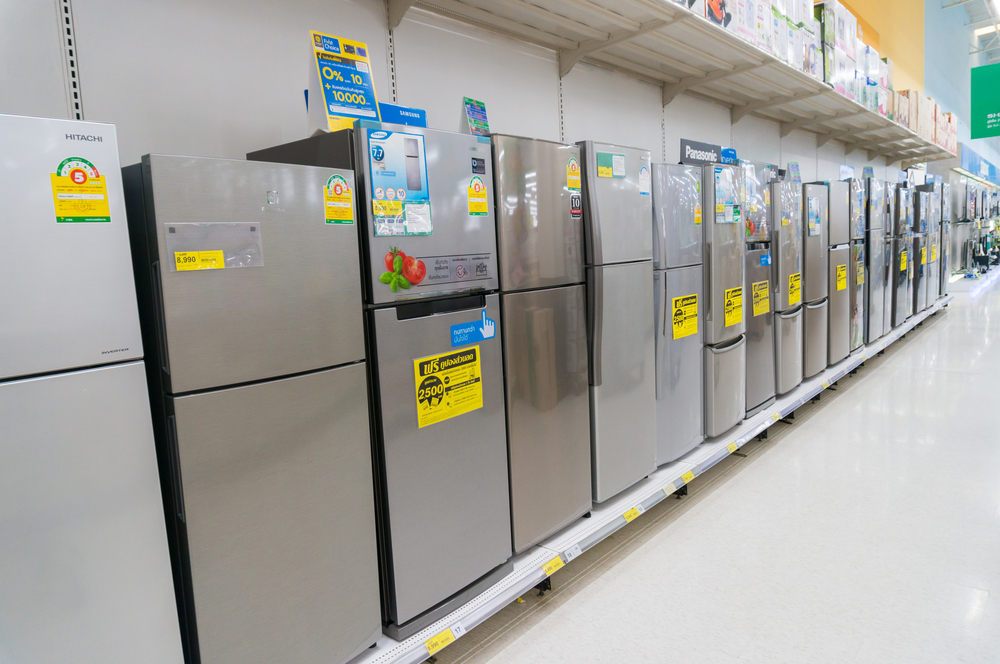How to Find Repossessed Cars and Auction Deals in the United States (2025): Insights and Tips
Repossessed cars in the United States often sell 20–40% below market value, offering budget-conscious buyers opportunities at auctions and repo sales. This article explains where to find repossessed vehicles in 2025 and practical strategies to research, inspect, and bid safely and confidently.

Understanding Repossessed Cars and Where They Come From
Repossessed cars are vehicles reclaimed by lenders such as banks, credit unions, or financial institutions due to loan payment defaults by the previous owners. These vehicles tend to be relatively new and often have low mileage since repossession usually happens early in ownership when loan payments are high. The lenders aim to sell these assets quickly to recover their losses while minimizing storage and maintenance costs, making these vehicles available to buyers at prices below comparable market values.
Major Sellers of Repossessed Cars in the United States
Banks, Credit Unions, and Financial Institutions
Many repossessed cars are offered directly by banks and credit unions. These financial entities maintain inventories that are sometimes listed online or available through direct inquiry. Because these institutions want to dispose of repossessed vehicles promptly, the cars often come with transparent pricing and detailed vehicle histories, helping buyers make informed decisions.
Government Auctions and Public Auctions
Local, state, and federal government agencies regularly auction off repossessed and seized vehicles, including fleet vehicles and assets from law enforcement. These auctions are generally open to the public, providing an accessible route to buying repossessed cars. Auctions hosted at courthouses, city halls, or on government websites often list vehicles with disclosed conditions, allowing potential buyers to assess auction opportunities nearby.
Major Auto Auction Houses
The United States hosts several large auto auction houses operating nationwide, including Manheim, ADESA, Copart, and IAAI. These institutions handle a vast inventory of repossessed, off-lease, rental, and trade-in vehicles. Their auctions occur frequently, either onsite or online, and offer a wide selection of vehicles. Buyers often find repossessed cars priced 20-40% below retail value, but high competition at these auctions means preparation and strategy are essential.
Utilizing Online Platforms to Expand Your Reach
Popular Online Auction Sites
Advancements in technology have dramatically increased access to repossessed car inventories through online platforms. Leading websites include Copart, Auto Auction Mall, AutoBidMaster, IAAI, and Gov-Auctions. These platforms list thousands of repossessed vehicles across the country, allowing buyers to browse inventories, review vehicle histories, and bid remotely.
Many of these online auctions do not require a dealer license, making them accessible to individual consumers. Some also offer additional services such as third-party vehicle inspections (e.g., True360 reports), financing options, and shipping assistance to facilitate the entire purchasing process.
Advantages of Online Auctions
- Convenience of bidding from home
- Access to a broader selection beyond your local area
- Transparency through history reports and inspection documentation
- Potential financing and shipping services for nationwide purchases
Important Considerations When Using Online Auctions
When purchasing repossessed cars online, buyers should exercise caution by thoroughly reviewing vehicle history reports from reliable services (such as Carfax and AutoCheck), inspecting the vehicle in person or relying on trusted third-party inspections, and understanding auction fees and terms. Setting strict budget limits is crucial to avoid overbidding in competitive environments.
Tips for Finding the Best Deals on Repossessed Cars Near You
- Contact Local Financial Institutions: Establish relationships with loan officers at banks or credit unions to receive early notification of repossessions before vehicles go to auction.
- Attend Public Auctions: Many cities and counties host live or online auctions open to the public — keeping an eye on local government websites and newspapers can reveal upcoming events.
- Join Online Communities: Car auction enthusiast groups on social media and forums often share tips, auction announcements, and insights into upcoming repo car sales.
- Research and Inspect: Always obtain detailed vehicle histories and, if possible, inspect vehicles before bidding. Since repossessed cars usually sell “as-is” without warranties, this step is vital to avoid costly surprises.
- Understand Auction Processes: Knowing auction bidding strategies, fees, and payment procedures helps ensure smooth participation and better deal evaluation.
- Explore Financing and Shipping Services: Some auction sites provide financing plans suitable for individual buyers along with vehicle transport services, making it easier to manage purchases across states.
Understanding Costs and Risks
Repossessed cars typically come without traditional dealer warranties and may require repairs or maintenance. Buyers should factor in potential repair costs, taxes, fees, and transportation expenses when evaluating overall affordability. Prices and vehicle availability vary significantly by location, auction, and time, so ongoing local research is essential.
Final Thoughts
In 2025, the U.S. market for repossessed cars and auctions offers many opportunities for buyers to find quality vehicles at reduced prices. Utilizing multiple sources—from banks and public auctions to large national auction houses and specialized online platforms—can increase your chances of a favorable purchase. However, a cautious, well-informed approach including vehicle history research, inspection, and a clear bidding strategy is indispensable for maximizing value and minimizing risks.
Disclaimer
Prices, availability, and financing options for repossessed cars vary by location, dealer, and current market conditions. Consumers should verify details with local sellers and auction sites before making purchasing decisions.
Sources
- AutoStar Transport: Best Online Car Auction Sites
- West Coast Shipping: Complete Guide to US Auto Auctions: Tips to Buy & Strategies 2025




